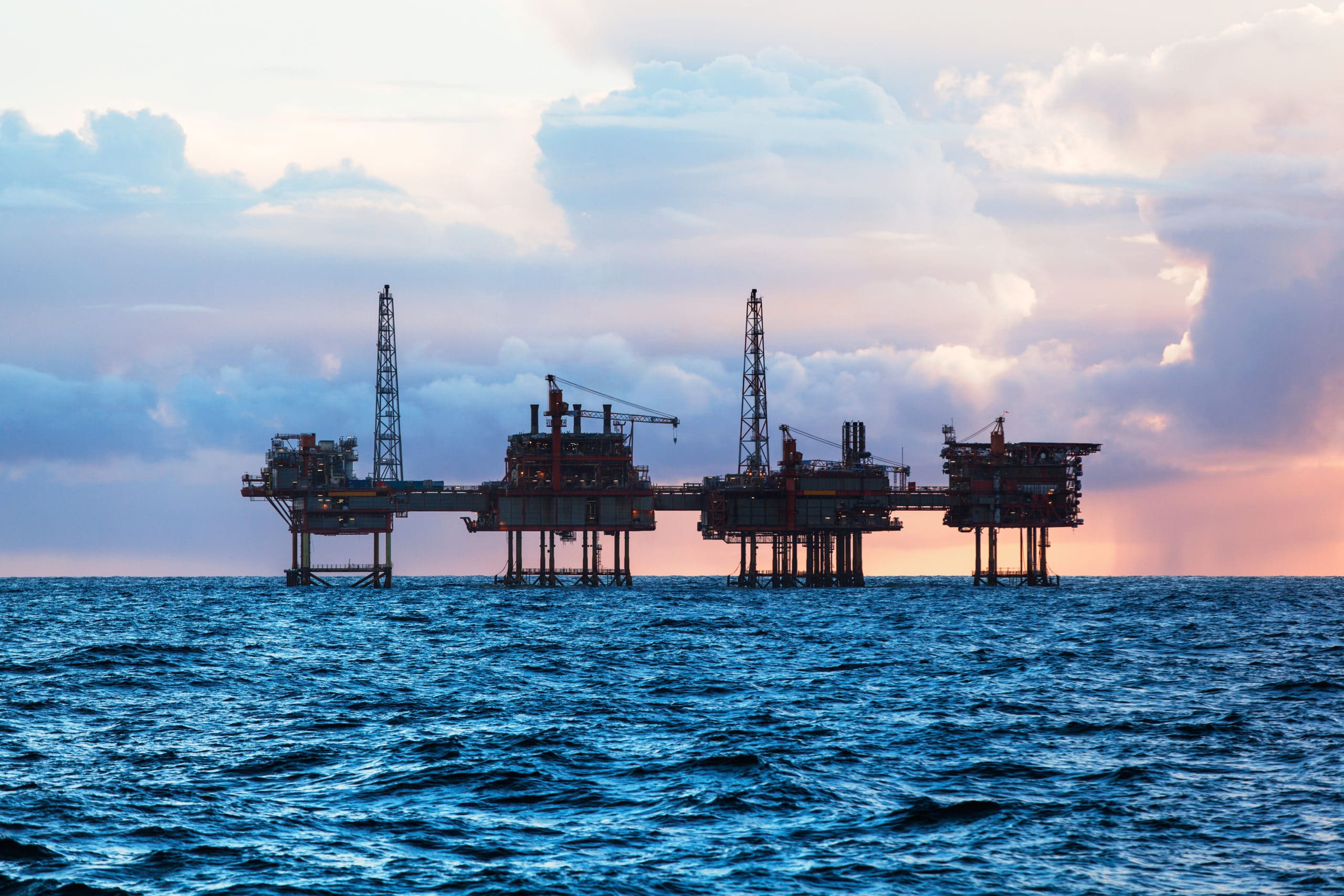
The Bureau of Safety and Environmental Enforcement (BSEE) – the federal agency tasked with overseeing offshore drilling operations along the United States coast — is facing new criticism for its failure to adequately regulate oil and gas pipelines located along the seafloor of the Gulf of Mexico.
GOA Faults Gulf of Mexico Pipeline Inspections
According to a recent report from the Government Accountability Office (GOA), the Bureau does not generally conduct or require any subsea inspections of active pipelines. Instead, the regulator depends on monthly surface observations and pressure sensors to detect leaks, even while acknowledging that these methods and technologies aren’t entirely reliable.
“According to BSEE, the bureau’s regulations are outdated and do not address how pipelines should be inspected, the complexities of deep water pipeline operations, and changes in technological standards,” the GOA wrote. “BSEE has long recognized the need to improve its pipeline regulations.”
Since 2013, the agency has stated its intention to update inspection rules, but has made limited progress in doing so. Without taking action to address these oversight gaps, the GOA maintained that the Bureau would “continue to be limited in its ability to ensure the integrity of active pipelines.”
Offshore Regulator Allows Inactive Pipelines to Remain in Place
The federal watchdog also faulted the BSEE’s failure to adequately address the environmental and safety risks posed by leaving decommissioned pipelines in place on the seafloor. Although cleaning and removing inactive pipelines is supposed to be routine, 97% of decommissioned pipelines to remain in place since the 1960s. As a result, there currently exists around 18,000 miles of abandoned pipeline in the Gulf of Mexico.
“Such a high rate of approval indicates that this is not an exception, however, but rather that decommissioning-in-place has been the norm for decades,” the GOA stated.
The report also noted that the BSEE does not ensure that pipeline operators meet decommissioning standards, as it does not observe any decommissioning activities, inspect pipelines after their decommissioning, or verify most of the decommissioning evidence submitted by operators. What’s more, the Bureau does not monitor the condition and location of pipelines following their decommissioning-in-place, nor does it have a clear source of money to remove abandoned pipelines that pose safety or environmental risks,
“The oil industry needs to clean up its messes in the Gulf of Mexico and stop making new ones,” Miyoko Sakashita, oceans program director with the Center for Biological Diversity, said in a news release responding to the findings. “This report shows how corporations profit from polluting our water and air, leaving the rest of us to pay the price.”
Aging Offshore Pipelines are More Likely to Leak, Pose Other Hazards
The BSEE was established to strengthen offshore drilling oversight in the wake of the deadly Deepwater Horizon explosion that killed 11 offshore workers in the Gulf of Mexico and injured dozens of others in April 2010. Among other things, the Bureau is responsible for regulating 40,000 miles of oil and gas pipelines installed in federal offshore waters since the 1940s.
As pipelines age, they are more likely to sustain damage from corrosion, mudslides, and seafloor erosion, resulting in leakage of oil and gas into the ocean. Hurricanes can also move pipelines extensive distances, resulting in damage to the subsea habitat, impeded access to sediment resources, and the creation of navigational and trawling hazards.
The GOA recommended that the BSEE director further develop, finalize, and implement updated pipeline regulations to ensure the integrity of active pipelines and address the safety and environmental risks associated with inactive pipelines.
The Bureau is currently reviewing the GOA report and expects to have new pipeline regulations open for public comments this year.
“BSEE recognizes the importance of active pipeline integrity and is continually seeking to address the safety and environmental risks associated with decommissioning,” the offshore regulator said in a statement emailed to the Associated Press.
Undefeated Offshore Injury Lawyers: Call 1-888-603-3636 or Click Here for a Free Consultation.
Having won billions for our clients, including oil and gas workers injured or tragically killed in connection with accidents and explosions along the Texas and Louisiana Gulf Coasts, our Undefeated Offshore Injury Lawyers have the resources and knowledge to take on the largest pipeline, drilling rig, and offshore platform operators in the world and ensure workers and their families are fully compensated for all of their injuries and losses.
If you or someone you love were hurt in connection with an offshore accident or explosion, call 1-888-603-3636 or click here to send us an email through our “Contact Us” form.
All consultations are free, and because we only work for a contingency fee, you won’t pay us anything unless we win your case.